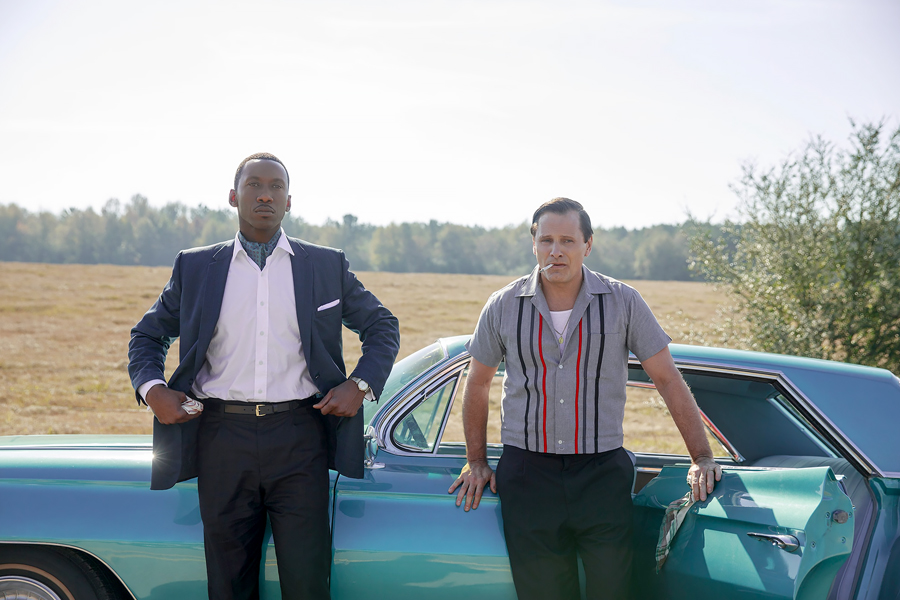After learning last year about the Green Book, the African-American travel guide that inspired one of this year’s top Oscar contenders, Postal Service employee Mark Curry wondered if his family might have a connection to the publication.
Curry’s grandmother, Mamie Sanders, owned a beauty salon in Kansas City, KS. After some online sleuthing, he found that the business was listed in the Green Book each year from 1948-1955.
“I’m sure she was doing what she thought was best to let African-Americans know she was there if they needed her,” said Curry, a USPS senior international consolidator sales executive in Kansas City, MO.
The success of the “Green Book” film is prompting postal employees like Curry and others to learn more about the travel guide and its place in history.
Safer travels
Victor Green, a New Jersey letter carrier, began publishing the guide in 1936, drawing on his postal connections to identify businesses that would welcome African-American travelers.
The film tells a fictionalized account of how black musician Don Shirley used the guide during a road trip through the south in the 1960s. “Green Book” has received widespread acclaim since its release last fall and is up for five Oscars this weekend, including best picture and acting nominations for Mahershala Ali and Viggo Mortensen.
Former Dallas Mayor Ron Kirk said his father, an African-American postal clerk in Austin, TX, relied on Green’s guide for the family’s travels during the civil rights era.
“It felt like my father spent weeks mapping out our route,” Kirk told the Dallas ABC station this month. “Everything was designed around the central question: Was it safer to travel though [the south] during the daylight, or were you safer going at night?”
‘Sad’ necessity
Monica Mattson, a USPS retail associate in Martinsburg, WV, didn’t know about the travel guide until she took her 16-year-old grandson to see the film.
“I find it very sad that it was something that was necessary for travelers in these United States. We’ve come a long way but we certainly aren’t done treating everyone equal by any means,” she said.
Curry is glad the film is bringing new attention to the Green Book, which ceased publication in 1967.
“It was necessary for the time,” he said. “If you look at the history of the United States, it was paramount for African-Americans to know where they could go and everything would be OK.”
